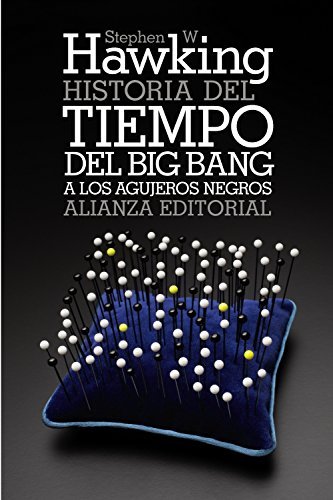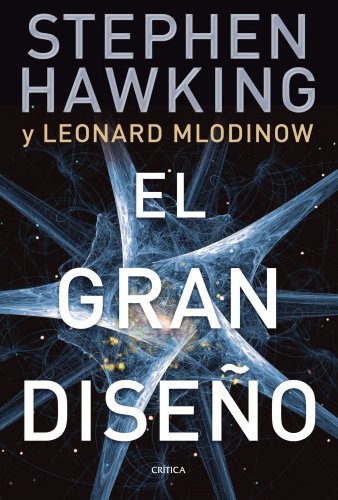The man who wanted to understand the mind of God: the life, the ideas and the example of a genius named Stephen Hawking

If we found an answer to this, it would be the definitive triumph of human reason, because then we would understand the mind of God. " Stephen Hawking had no small ambitions. His life was marked by a voracity to know almost inexplicable, by an incredible vocation to go further.
But Hawking managed to go further, transcend contemporary physics and become one of the most important intellectuals of recent decades. We are a genius, but we have his books, his theories and his commitment to life.
"A normal boy"
Hawking's story may have been almost a scientific cliché: a young middle-class Englishman who, while showing an interest in science, physics, and mathematics, did not stand out too much at all. Neither in class, nor during his early years at the University of Oxford.

He graduated in physics and began his doctorate at the University of Cambridge. There, at the New Year's party in 1965, he met Jane Wilde, who would be his wife, just before he was diagnosed with amyotrophic lateral sclerosis (ALS). Those years were fundamental. Years later, Hawking himself would say that the commitment with Wilde, "gave him a reason to live".
A new way of seeing the universe

I was already working on black holes, on the theory of singularity. At that time, black holes were nothing more than an extreme prediction of relativistic physics. However, while studying them, Hawking thought that these physical singularities could help us understand the other (and true) great singularity: the Big Bang, the great explosion, the beginning of the Universe.
That was another idea that had been developed for years, but that was not very popular among cosmologists. The idea that the Universe was not stable profoundly upset physicists. Just remember that Einstein pulled a constant out of his sleeve just to neutralize the idea that the universe was expanding. A constant to which Einstein himself called (rather hastily) "the biggest blunder" of his career.

In the equations that Hawking developed with the British mathematician Roger Penrose, black holes and the Big Bang were two sides of the same coin. And, therefore, the mathematics that served to understand them could serve as a map to understand the beginning of everything and, incidentally, develop a unified theory that combines general relativity with quantum mechanics.
Some of the most interesting, provocative and revolutionary ideas came from the efforts of the English physicist to make cosmology and subatomic physics compatible in the vortex of a black hole. Things like "Hawking radiation" (the idea that these terrifying bodies "shone") made him earn an excellent reputation in his field of knowledge. At only 32 years old, he was appointed to the Royal Society, the most prestigious scientific institution in the United Kingdom.
The world knows Hawking

But the disease worsened and he was close to dying on several occasions. The worst of them in Switzerland, where the surgical intervention to save his life required the amputation of the vocal cords. That was all a warning: Hawking felt he needed to explain his ideas to the general public and, incidentally, earn some money for when he was not.
In 1988, he published "Brief history of time: from the Big Bang to black holes". A book that sold 9 million copies and consecrated him as one of the most important living intellectuals in the world. Hawking's life changed: he divorced, he married his former nurse (Elaine Mason) and assumed his role as a public figure in series, movies and TV shows.
However, he continued working and would continue doing it until his last day. In 2004, it presented a radical turn on the "paradox of the loss of information" in black holes and surprised everyone by proposing a kind of theory of parallel universes that communicated through holes. In 2010, he published "El gran diseño", a book in which he explored the search for the Theory of Everything, a theory capable of unraveling the mysteries of the Universe.
The responsibility with the future

"I do not retire," he said when the time came for his retirement as a professor at the University of Cambridge. And it did not lack reason because, from 2006, almost increased its public presence trying to look for the answer to a question. "In a world like this, immersed in political, social and environmental chaos, how could humanity survive another hundred years?" He, as he recognized, did not know the answer.
And maybe for that reason, he assumed that making the world reflect on it was a constitutive part of his public responsibility. During the last years, the media have filled pages with their warnings about the dangers that haunted us. Many times with condescension. We were not understanding that it was never fear that drove Hawking's work, but a radical commitment to life. A commitment that, as of today, we will miss.

History of the time: From the big bang to the black holes (The Pocket Book - Science)
Buy by
12.17
EUR

The great design (Out of Collection)
Comprar por
161.28
EUR